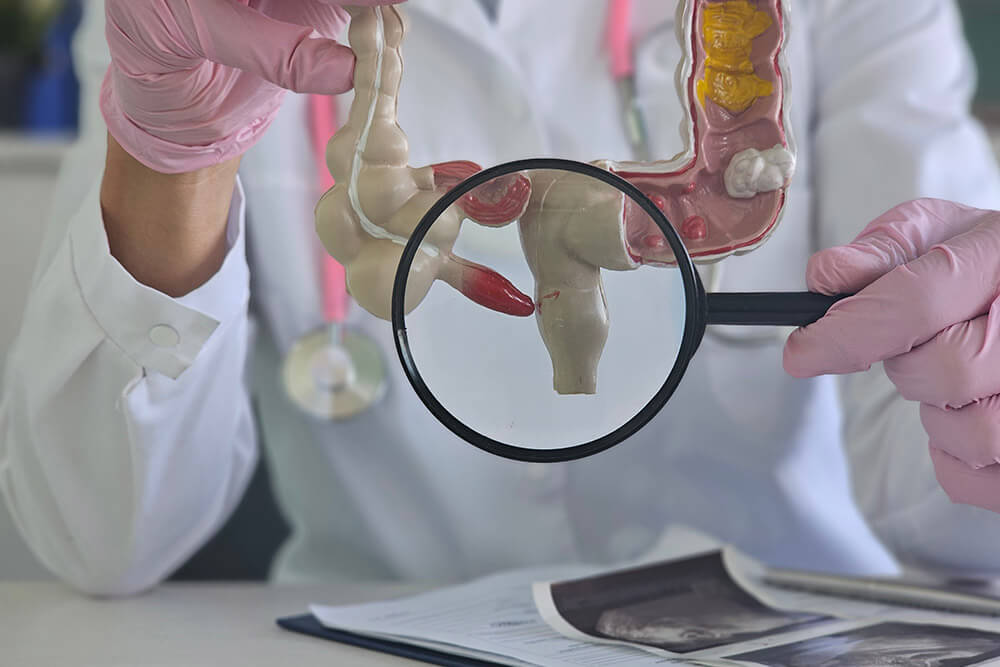Expert Treatment for Acute Posthemorrhagic Anemia by Dr. Bharat Pothuri
Dr. Pothuri uses a step-by-step approach:
Medical History and Physical Exam
He reviews recent rapid blood loss, use of blood thinners, history of trauma or surgery, and symptoms such as sudden fatigue, dizziness, and epigastric pain.
Blood Tests
- Complete Blood Count (CBC) -measures hemoglobin, hematocrit, and red cell indices.
- Reticulocyte Count -evaluates bone marrow response to blood loss.
- Iron Studies -rules out other anemia types and assesses iron stores.
Endoscopic Evaluation
- Upper GI Endoscopy (EGD) -inspects the esophagus, stomach, and duodenum for ulcers, varices, or lesions causing bleeding and epigastric discomfort.
- Colonoscopy -performed if lower GI bleeding is suspected.
Advanced Imaging and Procedures
- CT Angiography or Mesenteric Angiogram -locates difficult-to-find bleeding sources.
- Capsule Endoscopy -detects small bowel bleeding when standard scopes are inconclusive.
Follow-Up Monitoring
He tracks serial blood counts and iron levels to monitor recovery and tailor ongoing treatment.

Frequently Asked Questions
What is the ICD-10 code for acute posthemorrhagic anemia?
D62 is the code used by doctors and insurance companies to classify acute posthemorrhagic anemia.
How is acute posthemorrhagic anemia diagnosed?
Diagnosis involves blood tests (CBC, reticulocyte count, iron studies) and, if needed, endoscopy or colonoscopy to locate bleeding.
What are the common symptoms?
Symptoms include sudden fatigue, dizziness or fainting, pale skin, rapid heartbeat or low blood pressure, and shortness of breath.
Can diet help me recover faster?
Yes. Eating iron-rich foods (meat, beans, spinach) and vitamin C sources (oranges, peppers) supports red blood cell production and iron absorption.
When should I seek medical help?
If you experience heavy bleeding, chest pain, severe weakness, or signs of shock (dizziness, fainting), get immediate medical attention.
Do I always need a blood transfusion?
Not always. The need for a transfusion depends on your hemoglobin level, overall blood count, and symptom severity.
How long does recovery usually take?
Most people start feeling better within a few days, with full recovery often occurring over several weeks, depending on the severity of blood loss.












